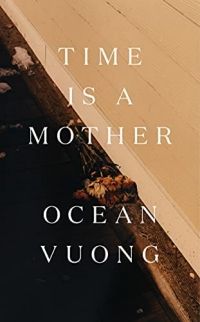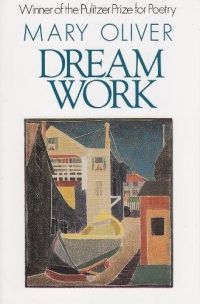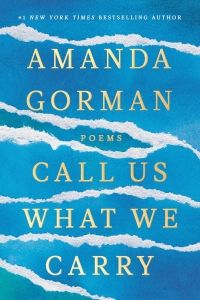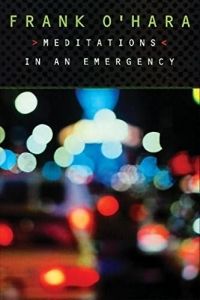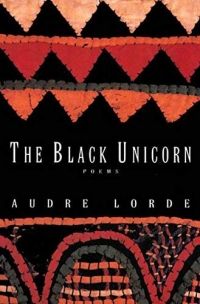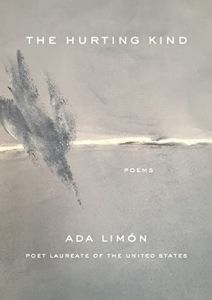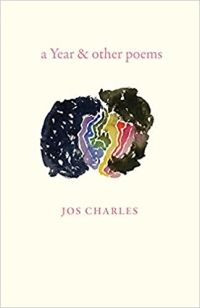I don’t know where you live, it might be winter out there and cold, but it’s warm all year long where I am. So midweek, I take my paperbacks with me to the patio, sip a warm cup of tea, and write a long FutureMe letter. This year, however, these year-end rituals seem difficult to pull off. I don’t know why, but maybe it’s because of the feeling that everything’s happening too fast, and I don’t have much room to breathe. To try to slow things down, one of the things that I’ll be doing differently this year is immersing myself in poetry. There’s magic in poems that somewhat captures the moment between an ending and a new beginning, to be melancholy and carefree at the same time. Here’s what I’m reading and rereading to inspire reflection during these pensive times: This time of the year is the perfect opportunity to reflect on this year’s comings and goings, and to plan out our next steps in the upcoming one. I hope you still find gratitude no matter how harrowing life is, as do the poets in this list. I hope their works may inspire you to reflect on a life well-lived. In a few verses, the poem sums up the cycle of life throughout the year: First there was love, then pain, realizations, and finally, healing. “the year i made peace and love, right here,” she ends it, as if she’s making peace with the people who hurt her, loving them anyway, and looking forward to a new year to come. In “Reasons for Staying,” he opens with “October leaves coming down, as if called. // Morning fog through the wildrye beyond the train tracks,” as if remembering a painful memory. I haven’t lost anyone forever, but Vuong makes me reflect on past wounds, as if I could feel the depth of his pain, too. Though the collection has many bleak, melancholic moments, it has hopeful ones as well. “I was made to die but I’m here to stay,” he writes in “The Last Dinosaur.” In the first entry “Dogfish,” she seems to write about pressing ahead despite the pain: “I wanted // the past to go away, I wanted // to leave it, like another country; I wanted // my life to close, and open // like a hinge, like a wing, like the part of the song // where it falls // down over the rocks: an explosion, a discovery.” Haven’t some of us felt that in some point in our lives this year? The feeling of wanting to bury the past where it belongs and just move forward? “Every morning // the world // is created. // Under the orange // sticks of the sun // the heaped // ashes of the night // turn into leaves again,” she writes in “Morning Poem,” as if to remind us that there’s hope in a new day, a new season, and a new year. In this repackaged volume, she writes about the past, hopes, and dreams, especially of the last two years. “Allegedly the worst is behind us. // Still, we crouch before the lip of tomorrow,” she opens in “Ship’s Manifest,” as if telling us that another year’s up and the terrible things are behind us now. While the poems muse over a sorrowful past, it also has messages of hope and a better future. “Every day we are learning … // How to leave this pain that is beyond us // Behind us,” Gorman thankfully reminds us. It’s a powerful collection. Like some of us, O’Hara appears pensive and personal in this book, writing about different people he has witnessed. In the titular poem, he writes, “Each time my heart is broken it makes me feel more // adventurous,” telling us that there is silver lining in every dark cloud. “This first bright day has broken // the back of winter. // We rise from war // to walk across the earth // around our house // both stunned that sun can shine so brightly // after all our pain,” she writes of hope after the storm in “Walking Our Boundaries.” The poem evokes fond and mournful memories this year. While I think of my next steps for the coming one, reading the collection buoys me up. “I do not know when // we shall laugh again // but next week // we will spade up another plot // for this spring’s seeding,” she continues. Indeed, next week, we’ll have another chance for a fresh start. Limón’s poems are so rich they transport the senses elsewhere, as if you’re also experiencing her joy and sorrow. And just like the seasons, your outlook may change when you read each poem. “I am human, enough I am alone and I am desperate, // enough of the animal saving me, enough of the high // water, enough sorrow, enough of the air and its ease, // I am asking you to touch me,” she writes in “The End of Poetry.” As the seasons change, the poems become somber. But they are a treat — you’ll want to savor them slowly and ponder on your own year, too. “Impossible the leaves have changed,” she writes in “September,” as if bewildered how everything wore on so fast the leaves turned from green to orange. For more poetry books to read these “dark, pensive winter nights,” here are poetry books to get you through the winter.

